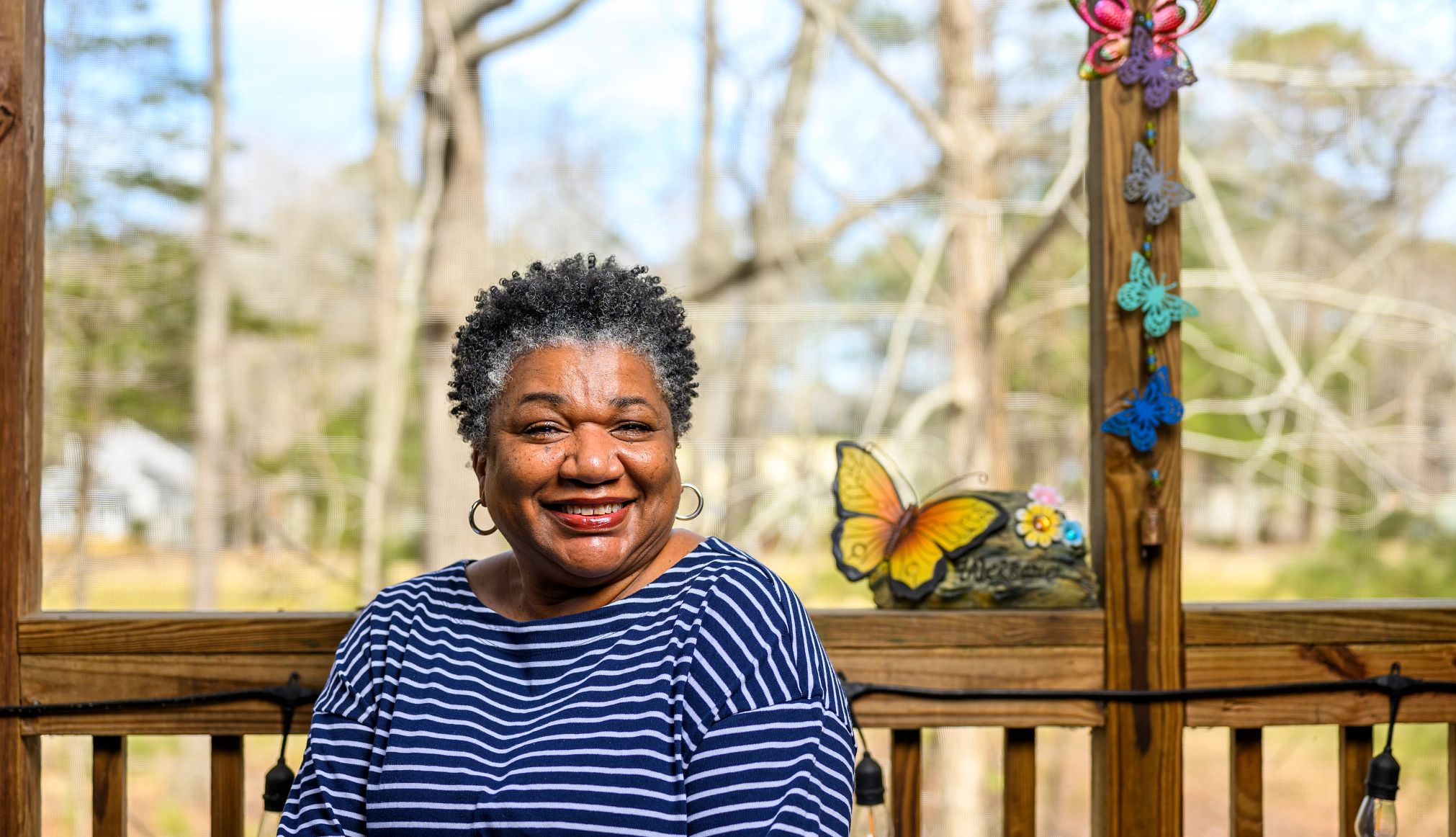
My biggest retirement mistake: letting self-doubt keep me at work | members only
- Select a language for the TTS:
- UK English Female
- UK English Male
- US English Female
- US English Male
- Australian Female
- Australian Male
- Language selected: (auto detect) - EN
Play all audios:

Retirement isn’t just a financial transition — it’s an identity shift many of us struggle with, especially after decades of defining ourselves through our careers. Just ask Annette Johnson.
“I’ve worked since I was 14 years old, and I realized that a big part of my identity was attached to that,” says Johnson, 64, who recently left her position as head of cultural programs at a
Boston-based software company. “I allowed limiting beliefs to control me.” That made it hard for her to see herself beyond her professional standing, and it kept her working years after she
had secured her financial future. She and her husband of 40 years, Rufus Johnson, had meticulously planned for retirement. They saved diligently and had found their dream home — a townhouse
on a golf course near Ocean City, Maryland, a short drive from Atlantic beaches. In preparation for the move, they downsized from their New Jersey house to a one-bedroom apartment, reducing
their housing costs by 65 percent. Gregory Reid _WHAT’S YOUR BIGGEST RETIREMENT MISTAKE?_ _Retirement isn’t just about leaving a job. It's about changing your life — your routine, your
budget, your priorities, where you live. It's decision after decision, and you don't always make the right one. Is there something you wish you’d done differently?_ _AARP Members
Edition wants to hear about your retirement regrets. A mistimed exit from the office? A move to the wrong place? A relationship you gave up? Spending too much, or too little? Share your
story at [email protected] and we might feature it in this series._ The plan was that both would retire once they moved to Maryland. Rufus, who worked for 40 years in government in Newark
and Essex County, New Jersey (including five terms as an elected county commissioner), embraced retirement immediately. Annette, however, couldn’t bring herself to quit. “I was just
stuck,” she says. She continued working remotely at her corporate job, increasingly aware of the disparity in their daily experiences. “I was working and sweating things on the job,” she
says. “Meanwhile, my husband plays golf three times a week. He’s relaxed, not stressed and is living his best life because he trusts the plans.” Rufus eventually confronted her about the
disconnect between their careful preparation and her reluctance to retire. “He was like, ‘We have a plan. When are you going to activate it?’ ” A WAKE-UP CALL What kept Johnson working
wasn’t financial insecurity, although she acknowledges that played a role. The primary problem was a deeply ingrained habit of perpetually seeking the next achievement, the next validation.
